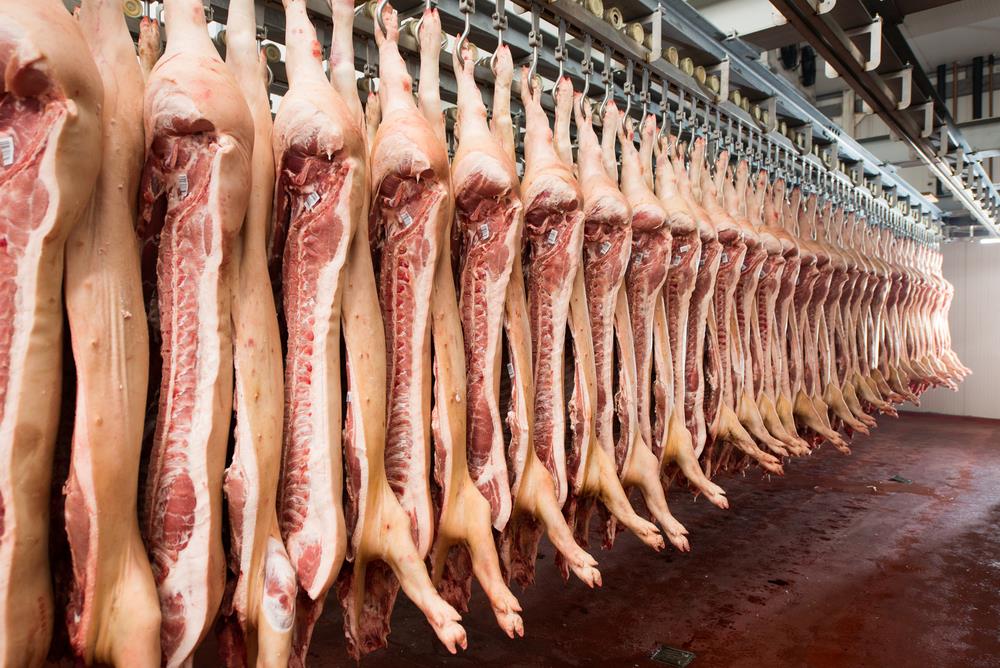The Serbian Pig Farming Drama: How Imports Crushed Local Farmers and Why Pig Prices Finally Rose
Imagine you are a farmer in Serbia, raising pigs, but the price per kilogram of live weight is so low that you barely cover your costs. Sounds like a nightmare? Well, that was the reality for many of our pig farmers until a few months ago.
The Price That Killed Local Farmers
Last winter, the price per kilogram of live pig weight was about 180 dinars, which was below the cost of raising the pigs. The result? Losses, giving up on pig farming, and a decline in domestic pig production. Last year, Serbia imported as much as 50 tons of chilled and frozen pork, which further depressed the price of domestic meat.
The Serbian Pig Farmers Union and the Recommended Purchase Price
But there is light at the end of the tunnel! The Serbian Pig Farmers Union, together with producers from Mačva and Bačka, agreed on a recommended purchase price of 245 dinars per kilogram of live weight, VAT included, starting October 31 this year. The Union’s president, Sanja Čelebićanin, emphasized that this price is based on real feeding costs and will help domestic pig farming finally stand on its feet.
Why This Price Matters
This price allows farmers to cover their costs and make a profit, which is crucial for increasing the number of sows and reducing the import of piglets and pork. Bora Šuljmanac, a farmer from Laćarak, agrees that the calculation is well balanced and that farmers should now stick to the agreement — not selling below or above the recommended price. He hopes that buyers will not pressure the price below 245 dinars, as was the case a few months ago when pigs were paid only 180 dinars, causing losses.
How Imports Affected the Domestic Market
The import of frozen meat and piglets has for years created unfair competition for domestic producers. Now, with the recommended price, imports have significantly decreased, which is a big step towards self-sufficiency in pork production. Čelebićanin points out that we have enough livestock feed and knowledge for fattening, so there is no need for imports.
Will This Raise Meat Prices in Butcher Shops?
No, say the Union. The recommended purchase price will not affect pork prices in butcher shops, as farmers currently sell pigs for about 250 dinars per kilogram, VAT included.
Why Is This Important for Serbia?
The decision on the recommended price is a response to years of market problems, too low purchase prices, and unfair competition. Through joint action of farmers and the Ministry of Agriculture, measures have been introduced to limit the import of frozen meat and protect domestic producers. This is key to stabilizing the domestic market and developing domestic pig farming.
Conclusion: Is This the End of the Agony for Local Farmers?
Not yet, but it is a big step forward. The price of 245 dinars per kilogram of live weight gives farmers a calculation and hope. If everyone sticks to the agreement, domestic pig farming can recover, increase production, and reduce dependence on imports. And us? We will keep following this fight and wait to see if local farmers finally get a fair chance.
So, dear readers, what do you think? Will this price save domestic pig farming or is it just another story that will be quickly forgotten? Drop a comment, share your thoughts, or just crack a joke — because hey, who doesn’t love watching farmers lose the battle?















